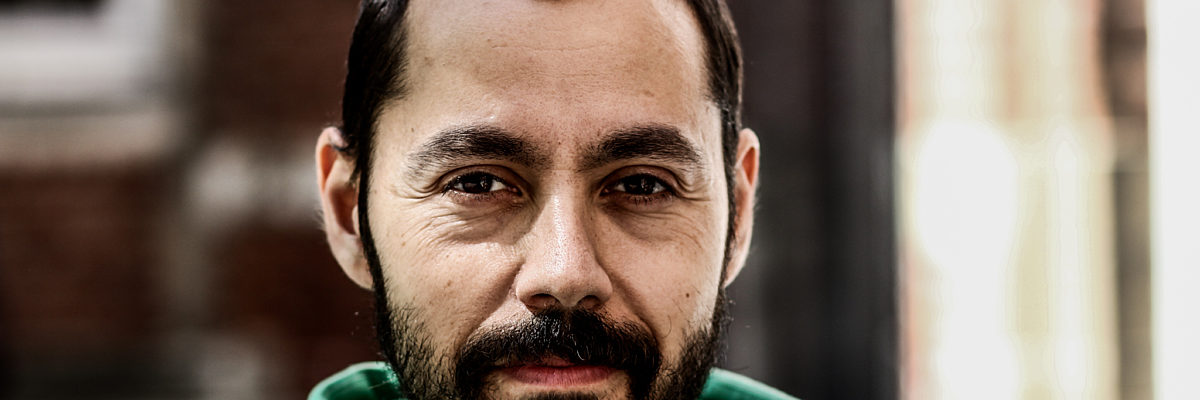
Arkadi Zaides - NECROPOLIS
NECROPOLIS begun with the discovery of a list registering the deaths of migrants attempting to reach Europe. The list compiles more than 35000 deaths and the names keep adding up. In most of the cases, the names, gender, age and origins of the deceased are unknown, the vast majority of the listed dead are mentioned as No Name.
NECROPOLIS is thought as a long term creation project: Zaides and his team are developing a hybrid methodology of documentary and investigative approach and partly of a physical choreographic investigation. They gather documents and conduct interviews with experts who are actively involved in the management of the migration crisis: forensic experts, activists, humanitarian aid workers, legal experts. On the one hand, they identify techniques that are developed and used by those who are working with bulk data and apply methods of data processing, statistics and other quantitative practices to the list.
Indeed, the research led by Zaides and his team acquires a corporeal presence onstage. By using a table, a screen and computers, they present the result of their investigation and delve into the darkest recesses of the list.
Arkadi Zaides is an Israeli independent choreographer and visual artist, of Belarusian origin, currently living between France and Belgium. His company Institut des Croisements is based in Villeurbanne (FR) since 2015. In Israel he performed in a several companies such as the Batsheva Dance Company and the Yasmeen Godder Dance Group before embarking on an independent career in 2004. Zaides holds a Masters degree from the DAS Choreography at the AHK Academy of Theater and Dance in Amsterdam, The Netherlands. His artistic reflection focuses on the ways in which political and social contexts produce their effects on the movements and gestures of bodies. This reflection gives rise to a choreographic work that questions and provokes the audience and forces them out of their comfort zone. His performances and installations have been presented in numerous dance and theater festivals, museums and galleries across Europe, North and South America and Asia. He is a recipient of numerous awards among them the Emile Zola Prize for Performing Arts for demonstrating engagement in human rights issues in his work Archive (2013) and the Kurt Joss award for his work Solo Colores (2010).
